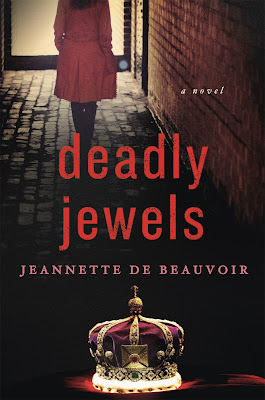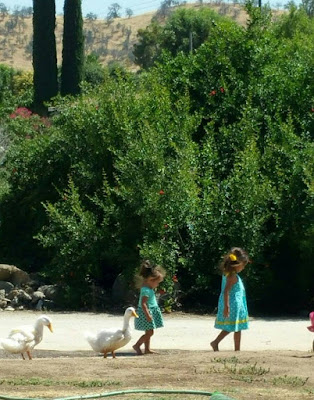The Past is a Foreign Country, by Jeannette de Beauvoir

“ The past is a foreign country : they do things differently there.” These famous opening words to an L.P. Hartley novel encapsulate the real problem with studying history. It’s not just a matter of dates; it’s a matter of a whole culture that needs to be understood. And so, because the job is immense, we tend not to do it. Unless, of course, we’re novelists, who go boldly where (in many cases) we should probably have feared to tread. I integrate some history, in some way, into nearly all of my books, even the mystery novels. Whether it’s personal history (a family secret, an obscure act from the past, a hidden relationship) or community history (an old murder, a reinvented personality, a buried treasure), there’s a lot there that can provide a perfect backdrop for a modern mystery to be solved by a modern sleuth… as long as the author gets it right. Because, after all, the past is indeed a foreign country, and they do in fact do things differently there. It may fe








